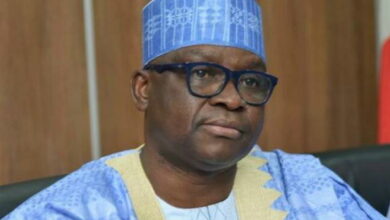Traditional leaders in Navrongo pledge to end child marriage
Traditional leaders in the Kassena-Nankana Municipality of the Upper East Region have pledged renewed efforts to eradicate child marriage, a practice they say has truncated the education of many girls and condemned others to hardship.
The commitment was made at a two-day capacity-building workshop on ending child marriage, organised in Navrongo by the Obaapa Development Foundation with support from the United Nations Population Fund (UNFPA).
Since 2023, the project has sought to sensitise chiefs and other traditional leaders—custodians of culture—to become champions of change and complement government’s efforts to end child marriage.
The Paramount Chief of the Navrongo Traditional Area, Pe Asagpaare Aneakwoa Balinia Adda II, vowed to use his influence to reduce, if not eliminate, the practice.
He challenged chiefs, queen mothers, and assembly members to show resilience in combating what he described as an “old foe” that had robbed many girls of opportunities to contribute to development.
“We should not relent in our efforts to cause the change society has been yearning for.
Let us protect our daughters from early marriage and secure a good future for Navrongo, the Upper East Region, and Ghana as a whole,” he asserted.
Executive Director of the Foundation, Nana Hemaa Awindor, said her organisation had long been committed to women and children’s welfare, working with traditional leaders to reform harmful cultural practices. She explained that the workshop preceded a durbar on a “declaration of no child marriage.”
Representatives of the Ghana Health Service, Ghana Education Service, and civil society also pledged support, noting that child marriage drives teenage pregnancy.
Data from the District Health Information Management System revealed that 200 girls, aged 15–19, and one between 10–14, became pregnant in the first half of 2025.
From Francis Dabre Dabang, Navrongo





